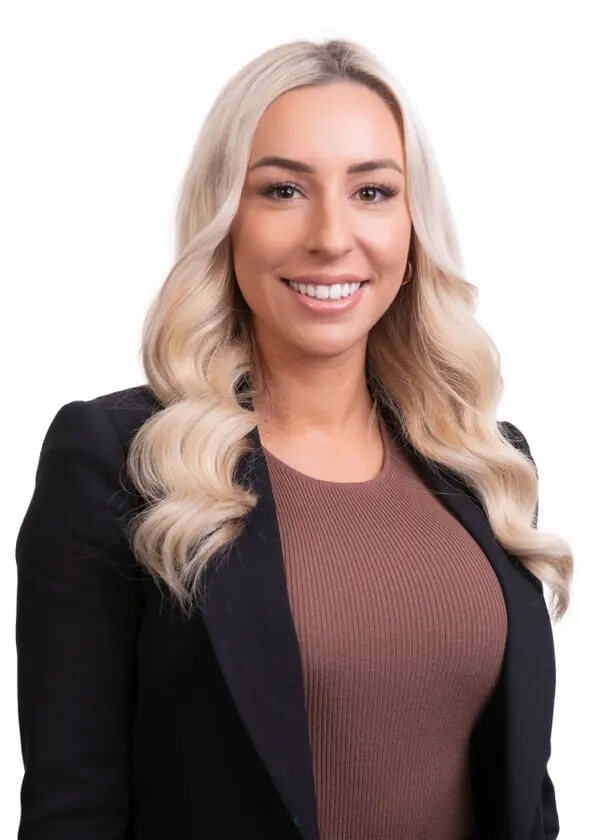Choosing the right Executor is more important than you may think and they should be appointed with care.
Your Executor will be in charge of managing your assets once you have died and distributing them in accordance with your wishes outlined in your Will.
People often ask, “who would be the best person to nominate as my Executor?”. My initial answer is always, “someone you can trust…” followed shortly by, “…over the age of 18”.
Your Executor must have capacity to deal with sometimes complex, legal and financial obligations. Ideally, your Executor would be local, reliable and in good health. It would be wise to have the discussion with the person you propose to appoint as Executor, to make sure they are both willing and able to carry out the task.
You can appoint an Executor to act solely, or you can appoint multiple Executors to act jointly (it would be wise to make sure your Executors get along!). We also encourage our clients to appoint a substitute Executor in the event the primary Executor is unable or unwilling to act.
It is also important that your Executor knows you have appointed them to the role and that they know where your original Will is stored. Most law firms (including ours) offer free Deed storage, ensuring your Will is safe and easy to locate.
The role of the Executor can be quite a demanding and time-consuming responsibly. Make sure whoever you choose is up for the challenge.
It is the role of the Executor to:
- Identify all your assets and liabilities;
- Obtain your Death Certificate;
- Locate your Original Will;
- Advise family and friends;
- Follow up any specific instructions or requests left by the deceased;
- Arrange and pay for the funeral (if not otherwise arranged by family members);
- Apply for a Grant of Probate;
- Arrange for payment of outstanding debts;
- Notify all beneficiaries of the Will and obtain their contact details;
- Distribute the Estate in accordance with the terms of the Will;
- Arrange Tax Returns for the deceased;
- If required, take or defend legal action on behalf of the Estate;
- Avoid unnecessary delays; and
- Avoid conflicts of interest with those of the beneficiaries.
This is a non-exhaustive list and as you can see, there can be quite a bit involved.
We encourage all Executors to engage a Lawyer/professional to alleviate some of the stress and ensure the process runs smoothly. With their instructions, we can undertake a lot of the above tasks on the Executor’s behalf.
To commence the process, we ask the Executor to have already obtained the Death Certificate, original Will and a list of assets and liabilities of the Estate, before our initial meeting.
Once these have all been sighted, we can go ahead and prepare all the necessary documentation that forms the “Application for Grant of Probate”. This a legal document issued by the Supreme Court of Victoria allowing an Executor to administer the Estate of the deceased.
This grant allows the Executor to carry out the terms of the Will. It is very important and more often than not, necessary for the Executor to successfully fulfil their duties. As mentioned, it is the Executors responsibility to initiate this process.
In some cases, Testators have appointed solicitors to act as their Executors. In my experience, this has occurred in circumstances where there are complicated family dynamics and the Testator would prefer a neutral third party to carry out their wishes. Also, in circumstances of a complex Estate that requires considerable expertise and may take a long time to finalise. Some wish not to burden family members or friends with the task.
In summary, it is important to take care when appointing your Executors. Ask yourself the questions:
- Are they over 18?
- Are they willing and capable?
- Are they trustworthy?
- Are they reliable?
If you have any further questions, please contact Ruby Heath from Tonkin Legal Group on 9435 9044.
This is general information only. Please contact the team at Tonkin Legal for expert legal advice that takes your unique personal situation into account prior to making any decisions based on this article.


